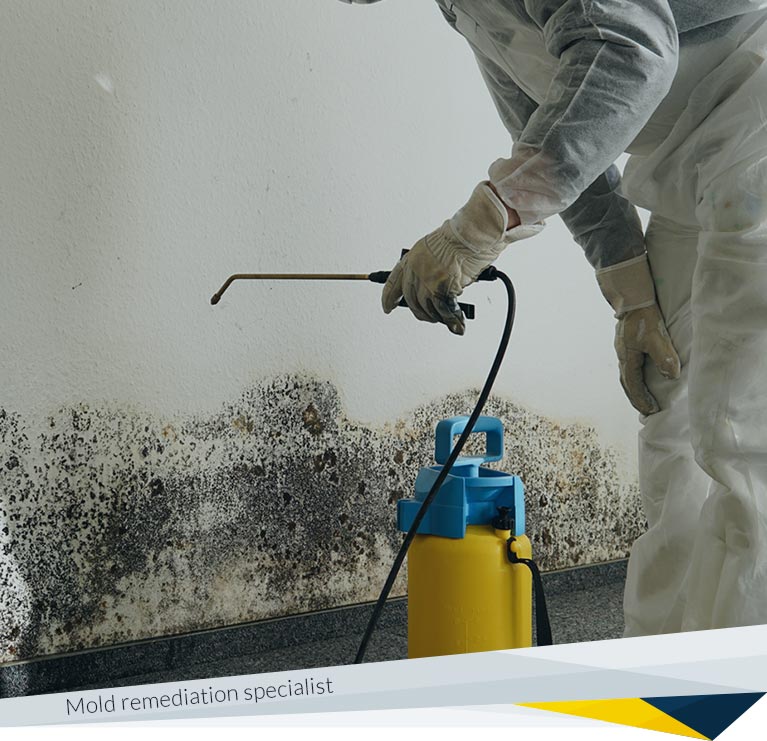
When you want to get rid of a mold problem, you need someone up to the challenge, with the certified training and experience to take care of mold removal safely and completely.
Mold remediation specialists at FDP Mold Remediation will be in charge of all the work done on your property, from start to finish. We are IICRC certified for Mold Remediation and Water Damage Restoration, so we can fix whatever your property needs.
You can get everything back to normal, and sooner than you might think possible.
Call now - we'll take care of the rest.
A mold is a fungus that thrives in wet and humid surroundings and is frequently an unwelcome guest in our homes. It is an ancient organism that has been around for millions of years and plays an integral part in the breakdown of organic substances in nature. However, when it makes its way into our homes, it may become a bothersome intruder.
Mold spores, which are small and light, are always present in the air around us. They are a natural component of the world, and eliminating them is practically impossible. Mold becomes an issue when these spores find a suitable habitat to flourish in. Mold needs moisture, warmth, and an organic food supply, such as wood or paper, to thrive.
Every job is different, but likely includes:
Throughout the mold remediation process, we focus first and foremost on health and safety, while minimizing disruptions in every way possible.
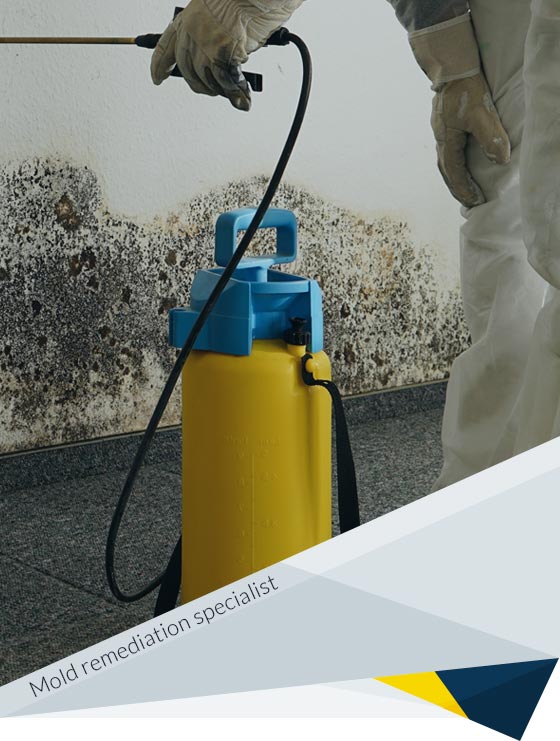
The terms mold removal and mold remediation are often used interchangeably, but they have different meanings. What's the difference? Mold removal is the process of physically removing mold from an area. This is a good solution if the mold has only affected a small area that is on a non-porous surface.
Mold remediation is a multi-step process that includes removing the mold, treating the area to prevent future growth, and returning the level of mold spores in your property to their natural safe levels. Mold remediation is the best option when the mold is on a porous surface or if the growth is hidden from sight.
Learn more about The Difference Between Mold Removal and Mold Remediation.
If you're not sure whether you need mold removal or mold remediation, contact our experts at 877-421-2614 for a free consultation.
We also offer the following related services, as they are essential for initial remediation planning:
Mold remediation delivers a spectrum of advantages for both residential and commercial spaces. Beyond enhancing indoor air quality and preventing potential health risks associated with mold exposure, it preserves the structural integrity of buildings and eliminates musty odors, creating a healthier and more comfortable living or working environment. Timely remediation not only curtails the spread of mold but also reduces allergens, contributing to respiratory well-being. Moreover, it represents a proactive approach to property maintenance, preventing costly future repairs and ensuring compliance with health standards. Ultimately, mold remediation provides peace of mind, improves the property's overall condition, and, in the case of real estate, boosts resale value by presenting a mold-free, attractive space to potential buyers.
FDP Mold Remediation provides professional mold remediation service to both residential and commercial clients across District of Columbia, Maryland, Virginia, New Jersey, New York, South Florida, Texas and more. You can find all our service locations on this page.
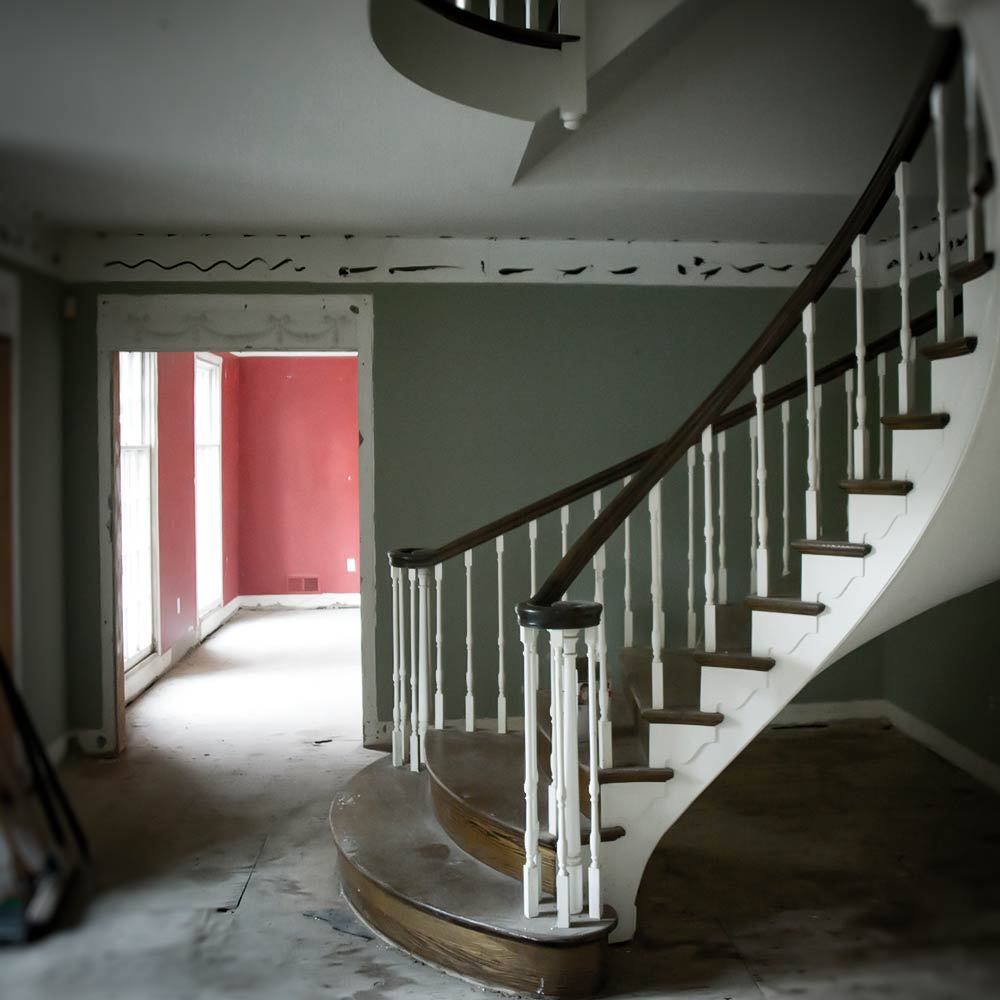
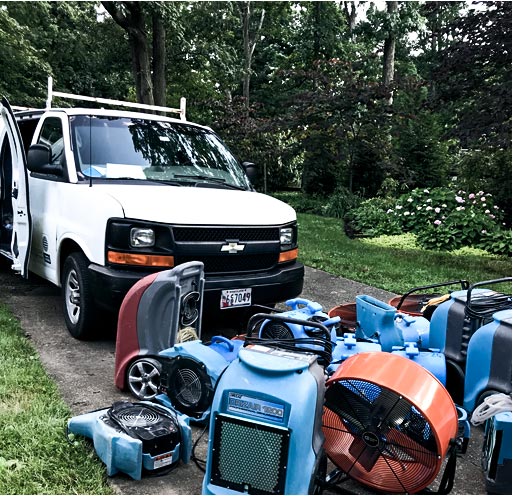
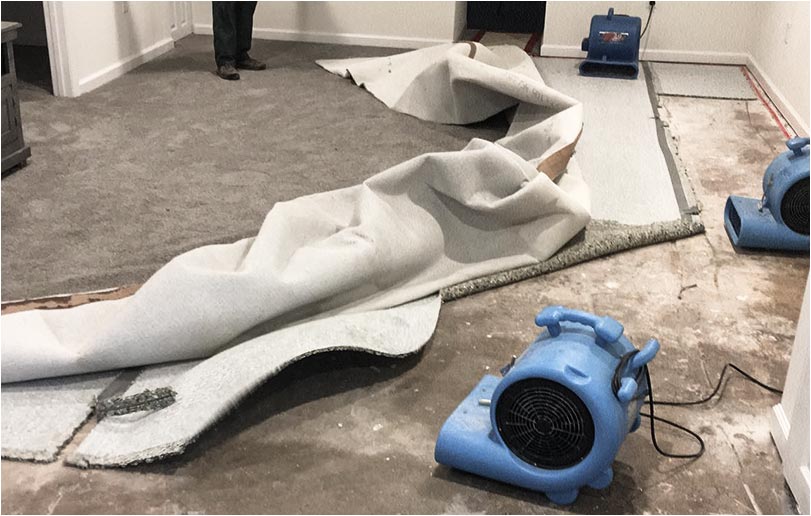
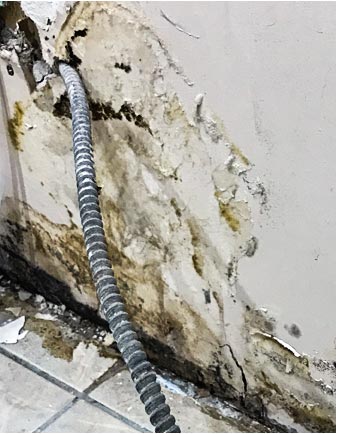
At FDP Mold Remediation, we treat each and every mold problem on an individual basis, choosing the best methods and cleaning chemicals to completely remediate the mold. While every job is different, here is an idea of the process we follow. For detailed information about your case, consult with a mold remediation specialist.
Call FDP Mold Remediation to set up a phone consultation with a remediation expert. Our experts know the right questions to ask to get the information needed to make the right decision. The mold remediation specialists are out in the field working most of the time, but our experts will call you back within an hour or two.
Mold inspection and mold testing are early stages of the remediation process. With the mold remediation specialist inspection, we plan the scope and activities for the mold removal. Mold testing can confirm the presence of mold that is not visible and verify that there is a mold problem.
In order to prevent mold from growing in the same place in the future, we identify and repair the source of the moisture. This is one of the hallmarks of mold remediation.
Preparing the work area is probably the most important thing we do, because it is the only way to make sure that mold isn't spread throughout your house during cleanup. We set up a containment area and put it under negative pressure. Air scrubbers for HEPA filtering are set up as well.
The type of material on which the mold grows will determine if mold removal is possible or if disposal is required. We remove and dispose of moldy building materials like sheetrock, insulation, and wallpaper that are porous and cannot be salvaged. As always, we act in accordance with safety protocols for proper disposal.
Once the work area is prepared and all unsalvageable moldy materials are discarded, the process of mold removal starts. We begin by removing mold from non-porous materials by thoroughly scrubbing and cleaning them with special solutions. We finish by sanitizing the affected areas with anti-fungal solutions to kill any remaining mold spores and prevent future mold growth.
We're not done just because the mold is gone - our general contractors get hard to work, carefully fitting in new drywall or other rebuilds as required. The goal is to get your property back to the way it was before mold took over.


